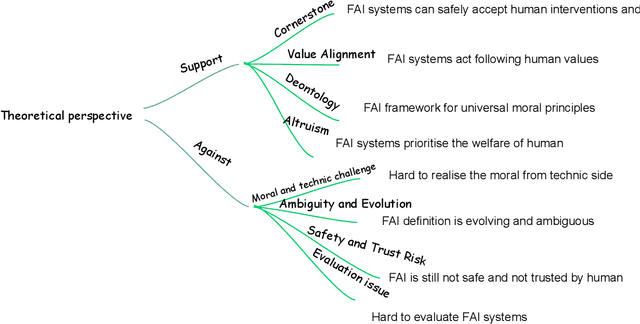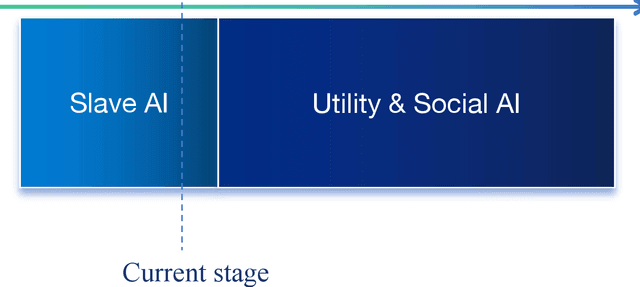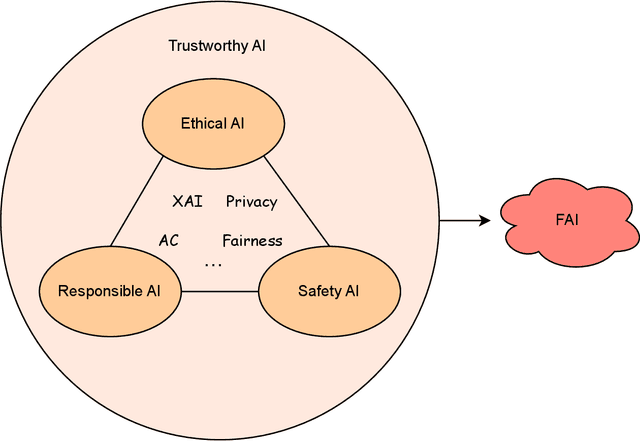Emran Alturki
GatedxLSTM: A Multimodal Affective Computing Approach for Emotion Recognition in Conversations
Mar 26, 2025Abstract:Affective Computing (AC) is essential for advancing Artificial General Intelligence (AGI), with emotion recognition serving as a key component. However, human emotions are inherently dynamic, influenced not only by an individual's expressions but also by interactions with others, and single-modality approaches often fail to capture their full dynamics. Multimodal Emotion Recognition (MER) leverages multiple signals but traditionally relies on utterance-level analysis, overlooking the dynamic nature of emotions in conversations. Emotion Recognition in Conversation (ERC) addresses this limitation, yet existing methods struggle to align multimodal features and explain why emotions evolve within dialogues. To bridge this gap, we propose GatedxLSTM, a novel speech-text multimodal ERC model that explicitly considers voice and transcripts of both the speaker and their conversational partner(s) to identify the most influential sentences driving emotional shifts. By integrating Contrastive Language-Audio Pretraining (CLAP) for improved cross-modal alignment and employing a gating mechanism to emphasise emotionally impactful utterances, GatedxLSTM enhances both interpretability and performance. Additionally, the Dialogical Emotion Decoder (DED) refines emotion predictions by modelling contextual dependencies. Experiments on the IEMOCAP dataset demonstrate that GatedxLSTM achieves state-of-the-art (SOTA) performance among open-source methods in four-class emotion classification. These results validate its effectiveness for ERC applications and provide an interpretability analysis from a psychological perspective.
Towards Friendly AI: A Comprehensive Review and New Perspectives on Human-AI Alignment
Dec 19, 2024


Abstract:As Artificial Intelligence (AI) continues to advance rapidly, Friendly AI (FAI) has been proposed to advocate for more equitable and fair development of AI. Despite its importance, there is a lack of comprehensive reviews examining FAI from an ethical perspective, as well as limited discussion on its potential applications and future directions. This paper addresses these gaps by providing a thorough review of FAI, focusing on theoretical perspectives both for and against its development, and presenting a formal definition in a clear and accessible format. Key applications are discussed from the perspectives of eXplainable AI (XAI), privacy, fairness and affective computing (AC). Additionally, the paper identifies challenges in current technological advancements and explores future research avenues. The findings emphasise the significance of developing FAI and advocate for its continued advancement to ensure ethical and beneficial AI development.
 Add to Chrome
Add to Chrome Add to Firefox
Add to Firefox Add to Edge
Add to Edge